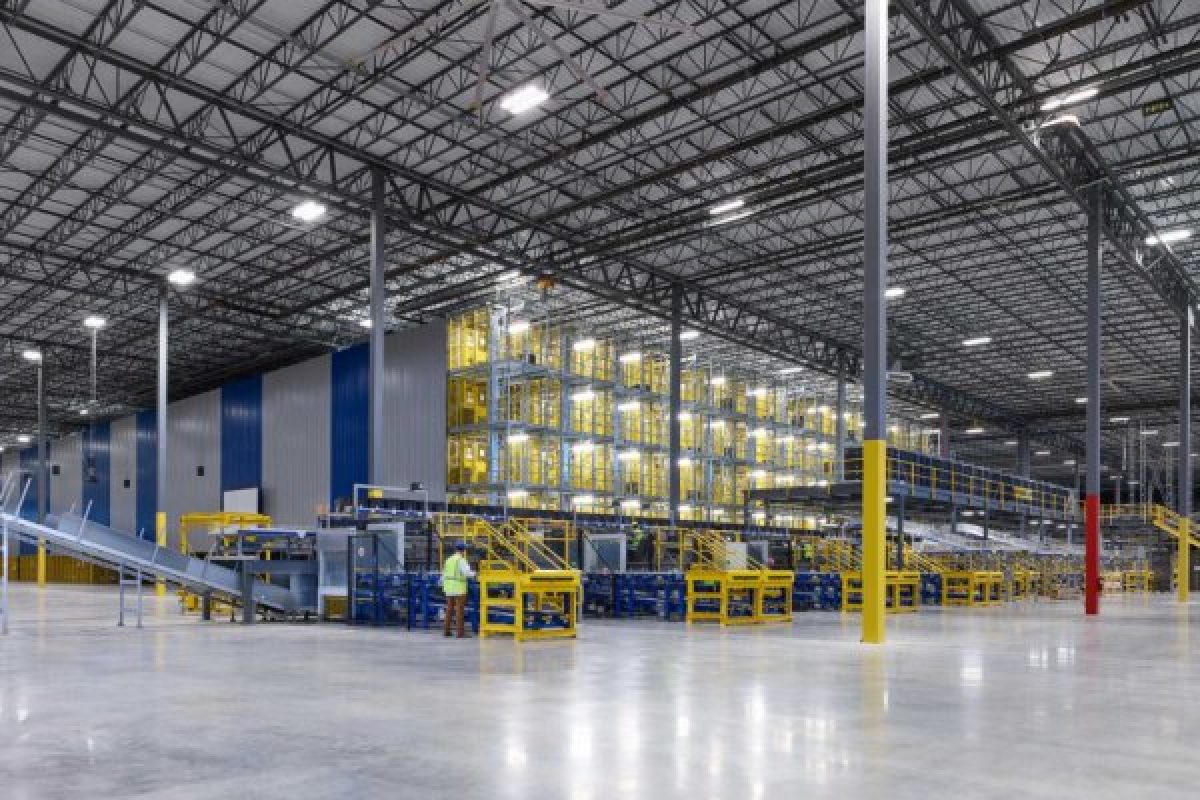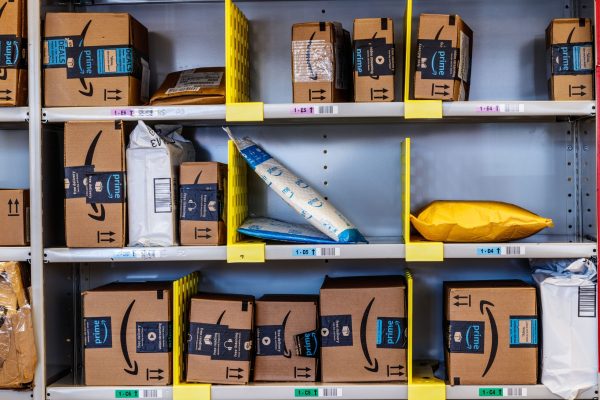As 2019 takes shape, the global logistics and transportation industry will continue to face complex supply chain challenges. The new year will also provide opportunities for shippers to improve their operations and find different ways of achieving better results. These will form industry trends, which will strengthen as new developments unfold through the year. We look at the most significant upcoming supply chain trends and why companies will need to be smarter and more efficient than ever before.
The impact of global trade on supply chain trends
Many of the key supply chain trends this year will be dependent on global trade. Last year, it was well documented that trade wars were disrupting supply chains and slowing global growth. This year, global supply chains will be most impacted by the current China-US negotiations, after months of hostilities and tit-for-tat tariffs.
This unprecedented political pressure on cross-national supply chains has unnerved companies around the world. Along with Brexit, the current global trade environment could result in drastic trends: companies may rethink where they buy components, distribution centres could be relocated, and businesses may commit to a more regional manufacturing footprint to shorten their supply chain. Or the trend could simply be to continue the ‘wait-and-see’ approach while economies of the world try to resolve their differences.
Building smarter warehouses
The supply chain ecosystem is changing. Omnichannel fulfilment, rising labour costs and increased access to automation solutions are changing the way businesses run their distribution and fulfilment centres. To keep up with increasing demand, companies need smarter warehouses.
In simple terms, this means equipping staff with technology. Barcode scanning, tablet computers, wearable tech, RFID scanning – executives will need to prepare for the digital transformation of their warehouses in 2019, if they aren’t in the process of doing so already. This points to a trend in automating inventory management, the heart of any warehouse operation, though it’s important to note that loading automation is on the rise too.
If you are not ready to modernise your warehouse, then we recommend outsourcing your fulfilment to a reputable partner, handing over your operation to the experts and freeing you up to focus on business growth.
Technology is driving changes in the supply chain
The greater reliance on technology will partially solve the global problem of labour shortages. Transportation labour is particularly acute due to the rapid growth in e-commerce, creating a strong demand for delivery drivers; the fulfilment demands of this boom are also stretching warehouse labour. Expect a trend in companies being more creative about how they recruit and retain workers, such as generous employee-engagement programmes.
Expect greater enhancements in machine learning and artificial intelligence this year, as the handling of large amounts of data becomes more prevalent in supply chains. Machine learning is applicable to a wide range of logistics technologies, enhancing warehouse management systems, supply chain planning, supply chain visibility, and more. Furthermore, modern fulfilment operations are placing a greater demand on technological adaptability and the ability to meet tighter deadlines.
Thanks to computing enhancements and technologies on the digital edge, we foresee machine learning being applied much more extensively across the supply chain this year and beyond.
Distributing inventory to satisfy demand
When it comes to handling distribution, most e-tailers offer fast shipping at high costs or slow shipping at low costs. But more and more customers are demanding fast and cheap. How can companies satisfy them?
One answer is to distribute the inventory. As delivery distances get longer, prices and timeframes increase too; businesses can reduce the cost of the last mile with more warehouses. Furthermore, understanding where your items are shipped to will help you distribute your inventory to more strategic locations that will save you time in transit as well as shipping costs.
As mentioned previously though, in most cases handling the complexities of distribution is best left to global logistics experts, such as Sprint Logistics.
Sprint Logistics is a leading fulfilment solutions company that provides supply chain management and global warehousing for a wide variety of businesses. With over two decades of operating experience and developing world-class systems, you can be assured that we will meet all your fulfilment and distribution needs.
If you would like any assistance or advice in planning your supply chain strategy for 2019 and beyond, please contact us.




